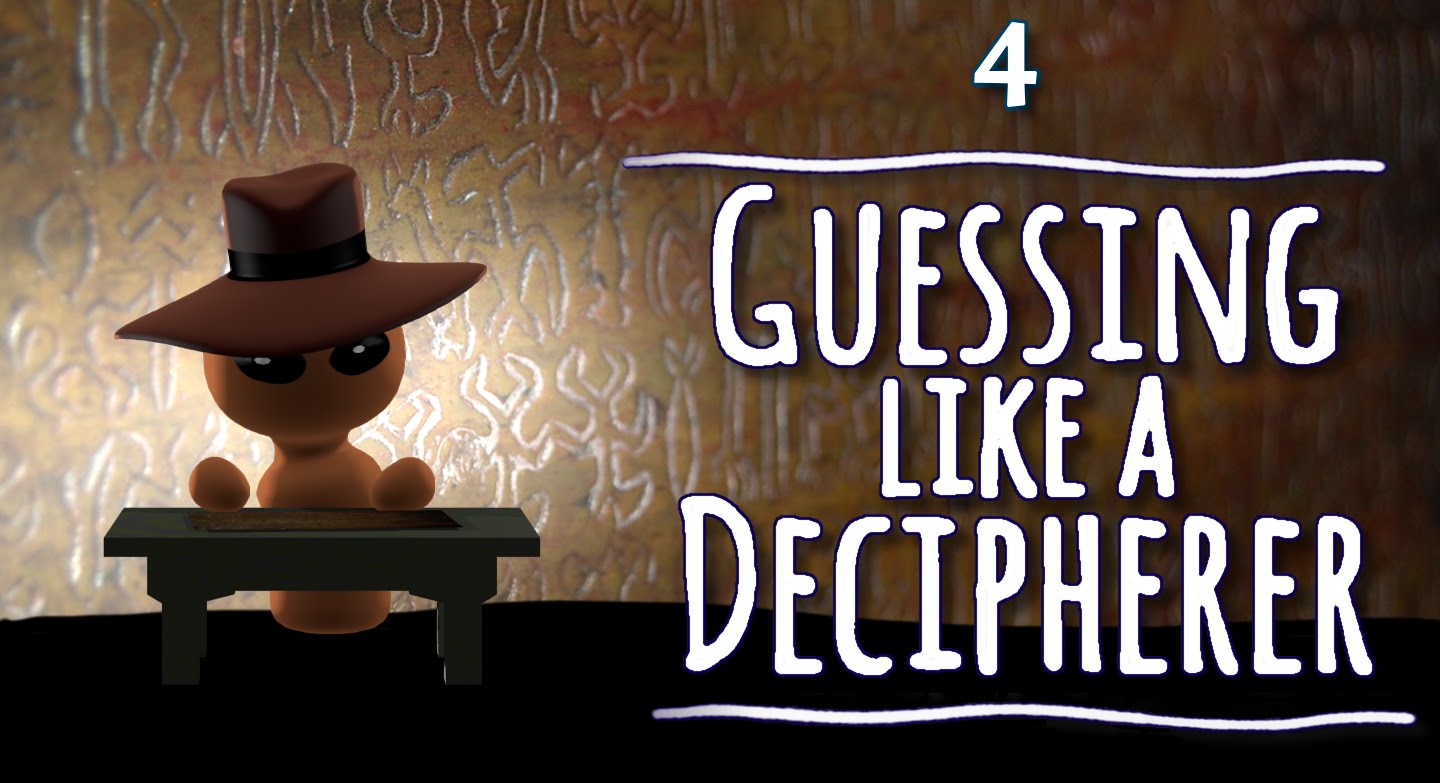Got an undeciphered writing system you can’t read? No problem! Here’s how to start cracking a lost script: use your digits.
I figured it was time to reconvene the Decipherment Club for this one. As Robinson points out in the introduction to Lost Languages, counting the number of distinct glyphs in an undeciphered text is a convenient trick to keep in mind when you start deciphering a writing system. Linguists and decipherers have been using it since at least the days of Assyriologist AH Sayce.
In principle, it’s a simple little algorithm that we can use to make an educated guess about the type of writing system used in a lost text. You can get a feel for this simplicity in my short code demo at the end.
Credits for images and sound effects also used in Thoth’s Pill – see link in that description box:
CC-BY and public domain images used in this video but not in Thoth’s Pill:
Rongorongo, msdstefan
Rongorongo G verso, Chauvet
Klosterkällaren, Albabos
Léon Cogniet’s portrait of Champollion
Sequoyah, Bird King and Inman
Hittite Seal of Tarkummuwa, Walters Art Museum
Phaistos Disc, C Messier
Archibald Sayce, George McCready Price
Rongorongo with index numbers:
Michael Everson, “Draft Unicode proposal for Rongorongo”
Music by Kevin MacLeod (incompetech.com):
Cambodian Odyssey, Vadodara Chill Mix
Music by Josh from NativLang (soundcloud.com/Botmasher):
Oowah
language
1458320401
2016-03-18 17:00:01
5:59
UCMk_WSPy3EE16aK5HLzCJzw
NativLang
780
6
source

